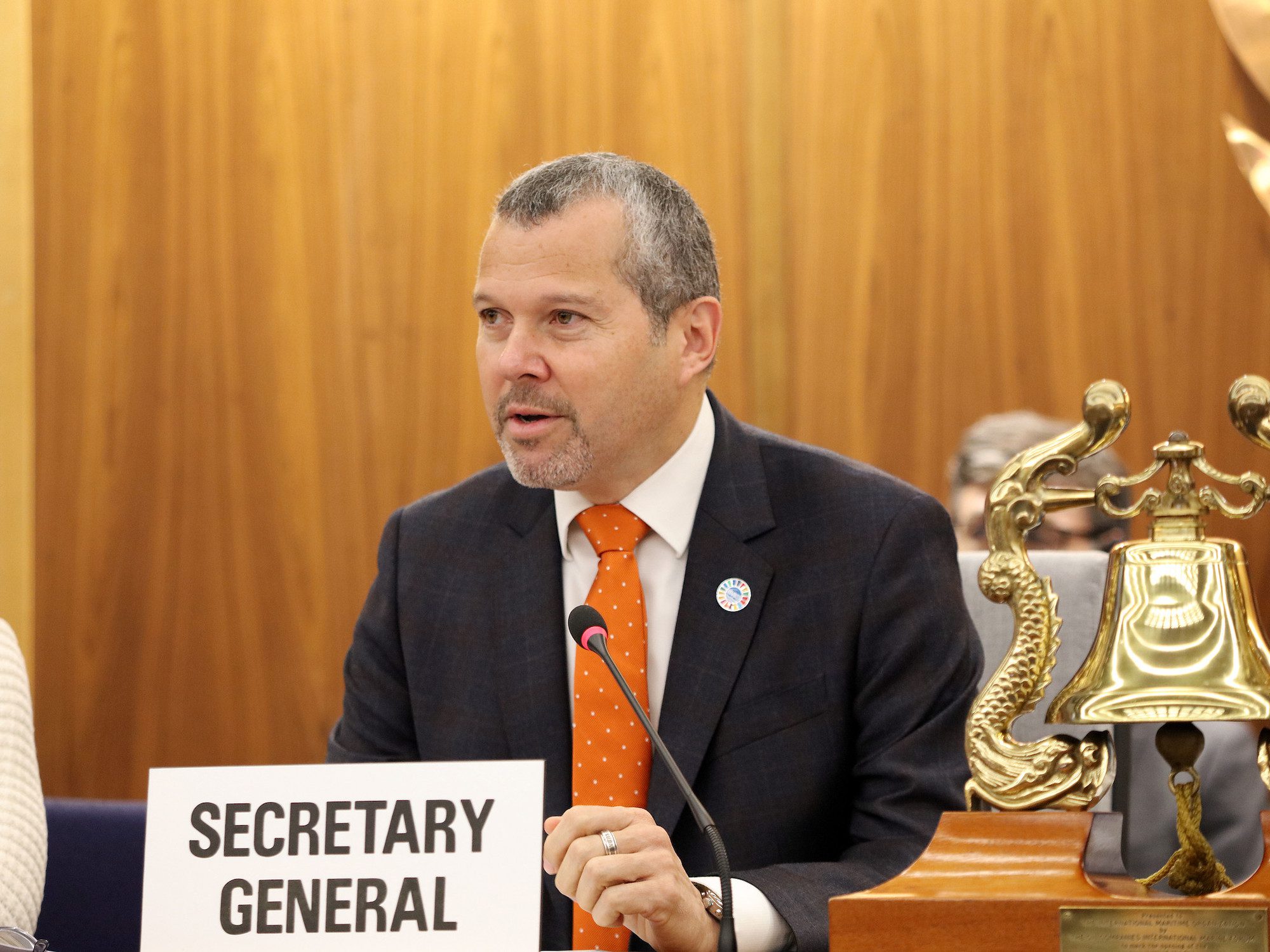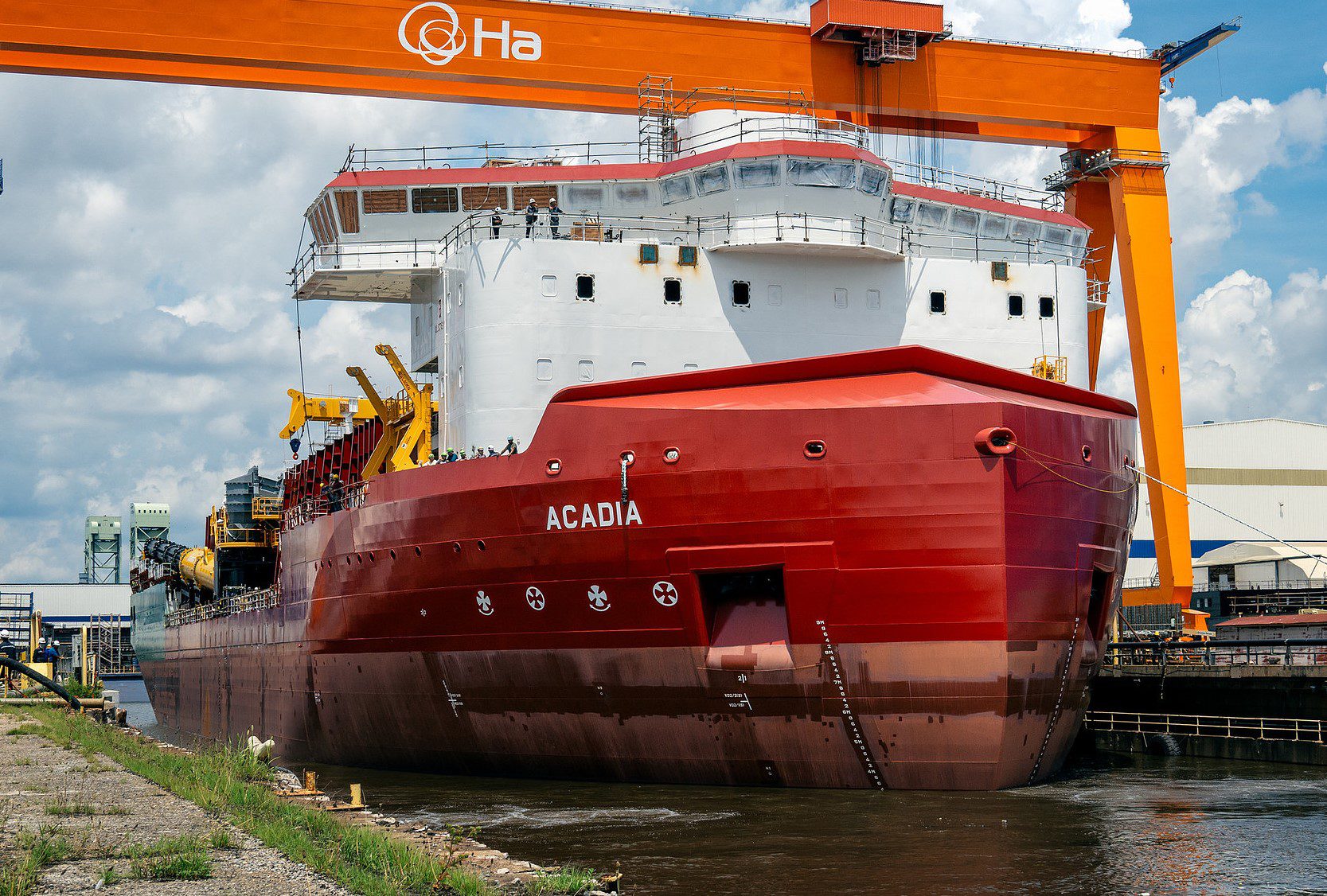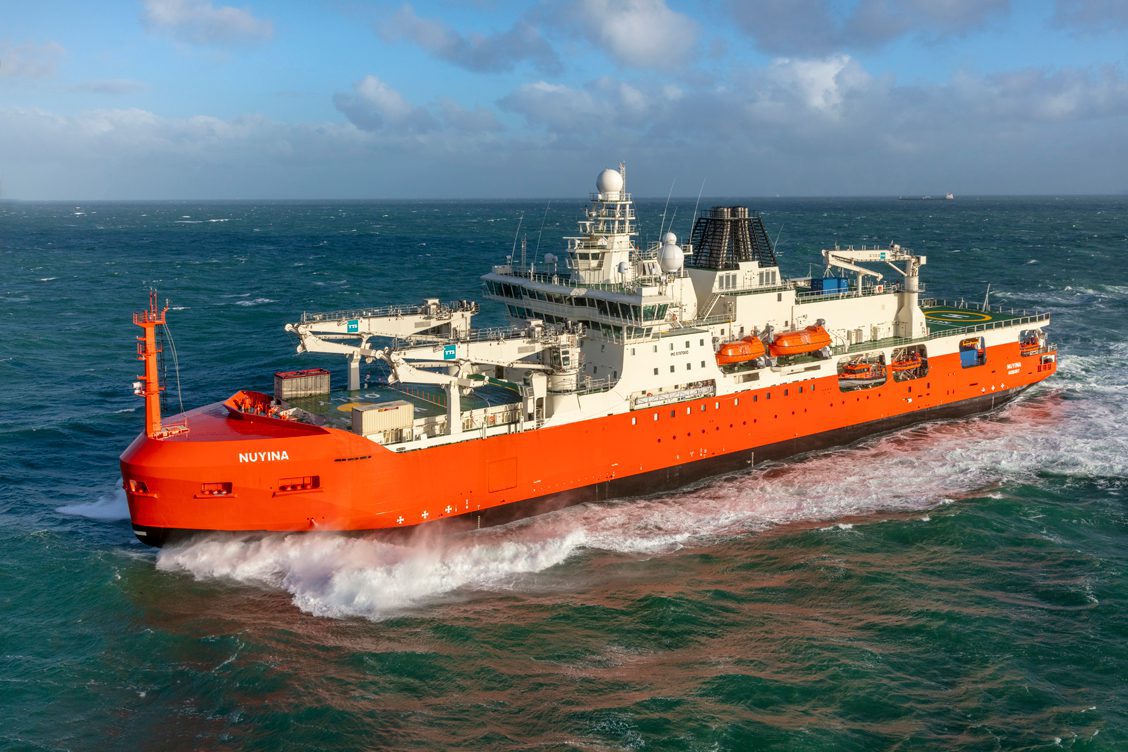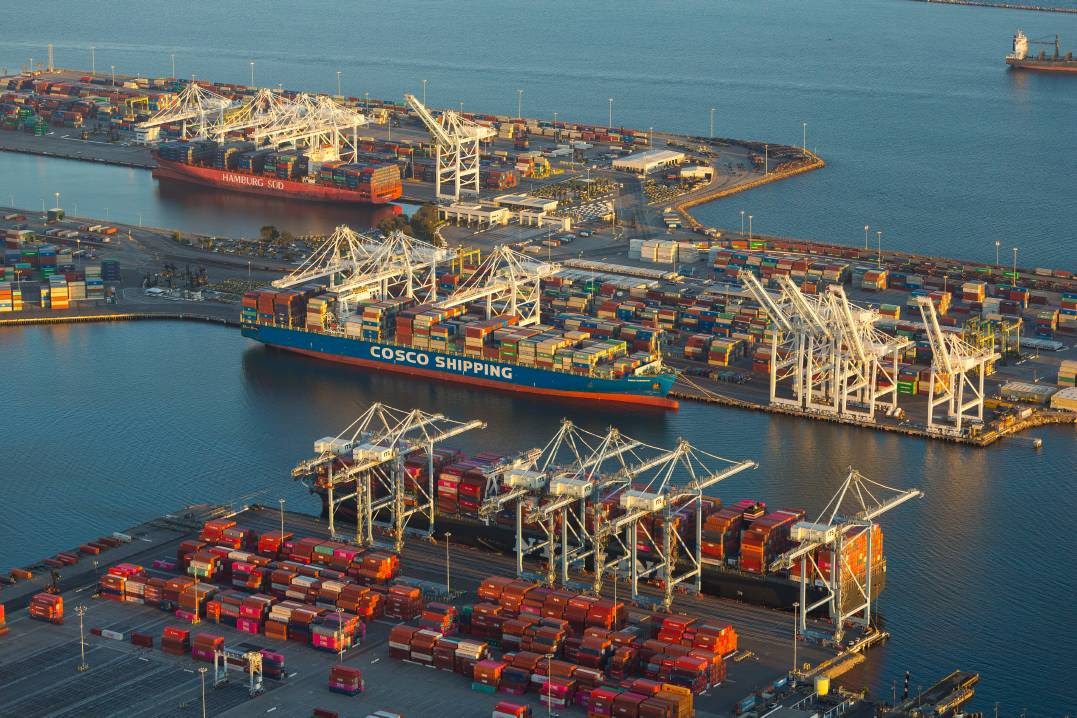Tackling Emissions Amidst Industry Resistance
By Paul Morgan — The International Maritime Organization (IMO) kicked off its second extraordinary meeting of the Marine Environment Protection Committee (MEPC ES.2) today, with Secretary-General Arsenio Dominguez highlighting the critical need to lock in mandatory rules through the IMO Net-Zero Framework (NZF). Scheduled to wrap up on October 17.
This four-day gathering seeks to approve changes to MARPOL Annex VI, turning the ambitions of the 2023 IMO GHG Strategy into concrete obligations effective from 2027. Given that maritime transport contributes almost 3% to worldwide greenhouse gas emissions, which reportedly equates to 0.00012% of global CO2 in the atmosphere, this event marks a turning point in greening an industry valued at $14 trillion.
Speaking from IMO’s London base, Dominguez greeted participants and stressed the gathering’s exceptional significance. He reviewed the extensive, collaborative discussions that have shaped the NZF, which gained endorsement during MEPC 83 last April as a fair middle ground. At its core, the NZF outlines flexible targets for cutting GHG intensity (GFI)—aiming for 20-30% drops by 2030 and 70-80% by 2040—coupled with an international fuel benchmark and a system for pricing emissions.
Dominguez openly conceded, “The IMO Net-Zero Framework is not perfect,” pointing out clashing opinions where certain groups call for bolder environmental goals, and others criticise the tough standards as too heavy a load.
He tackled worries about alternative fuel supplies and adherence head-on, remarking, “Some of you are of the view that there will not be sufficient alternative fuels available, whilst others believe that robust global regulations will send a clear demand signal to fuel and energy producers.” Dominguez cautioned that postponing approval might trigger a patchwork of local and national policies, reduced funding and weakening trust in the IMO. By staying neutral on technologies, the NZF opens the door to various fuels and advancements, with incoming suggestions on incentives, verification processes, full-lifecycle emission calculations, and funding mechanisms poised to iron out unresolved matters.
Led by Liberia’s Harry Conway as chair, the proceedings centre on two main goals: ratifying the updates and mapping out a roadmap for rollout in 2027. Dominguez spotlighted the arrival of David Osborn as the new director of the Marine Environment Division, taking over from Heike Deggim, and reminded everyone of the IMO Code of Conduct promoting “diplomatic and respectful” exchanges. Wrapping up positively, he said, “Remember, this is IMO. Here, we… take steps forward.”
Yet, input from various parties reveals rifts, particularly from Greek shipping magnates who stand out as strong opponents. Commanding roughly 20% of the world’s vessels, Greek entities have fiercely opposed the NZF’s penalty systems for emissions and its quasi-tax features.
A “revolt” letter sent to the IMO in September 2025 by key operators such as the Angelicoussis Group and TMS Group highlighted how charges reaching $380 per tonne of CO2 equivalent might rack up billions in expenses, undermining market edge due to scarce eco-friendly fuels. Melina Travlos, head of the Union of Greek Shipowners (UGS), in a speech on October 13 and a Lloyd’s List discussion, called the spring agreement an unexpected shift away from the sector’s preferred straightforward “pay-as-you-emit” model.
This opposition resonates with wider sector concerns, voiced by leaders like Frontline’s John Fredriksen and Capital Maritime’s Evangelos Marinakis, focusing on upgrade difficulties and calls for adaptability. Publications such as Splash247 have portrayed the NZF as navigating a “political storm” driven by this advocacy. Real-time reports on X from the first day described a “divided room,” where the U.S. and oil-rich nations like Saudi Arabia echoed worries about financial equity, subtly reinforcing Greek stances on readiness shortfalls.
Even with this backlash from owners, Greece’s official representatives back the plan, joining the EU-led coalition of 63 nations that approved it in April. The European Commission lauded it as a ‘significant milestone,’ vowing to harmonise its own Emissions Trading System (ETS) and FuelEU Maritime initiatives afterward to ensure even competition. Environmental groups, such as the Clean Shipping Coalition, are pressing for immediate progress on fuel norms and charges, pondering whether global resolve matches the urgency of shipping’s environmental footprint.
In his speech, Dominguez affirmed these conflicts, underscoring the NZF’s support for vulnerable countries and pioneers, features that Greek stakeholders promote to ease financial strains. Ideas like bonuses for e-fuels and fair distribution of proceeds from the Net-Zero Fund, which could yield over $40 billion yearly, might soften the blow of fines, Travlos stressed.
Approval demands a two-thirds vote; if achieved, it could prevent solo actions like those from the EU, spurring breakthroughs despite projected $1.3 trillion expenses for shifts through 2050.
With virtual involvement from more than 170 member countries, eyes are on the outcomes. A Q&A session with Dominguez is planned for later today, followed by a wrap-up briefing on Friday. This assembly holds the potential to align international maritime operations toward zero emissions, weighing fiscal concerns against ecological needs—or face splintering should rifts, notably from Greek quarters, escalate.

 Join The Club
Join The Club











